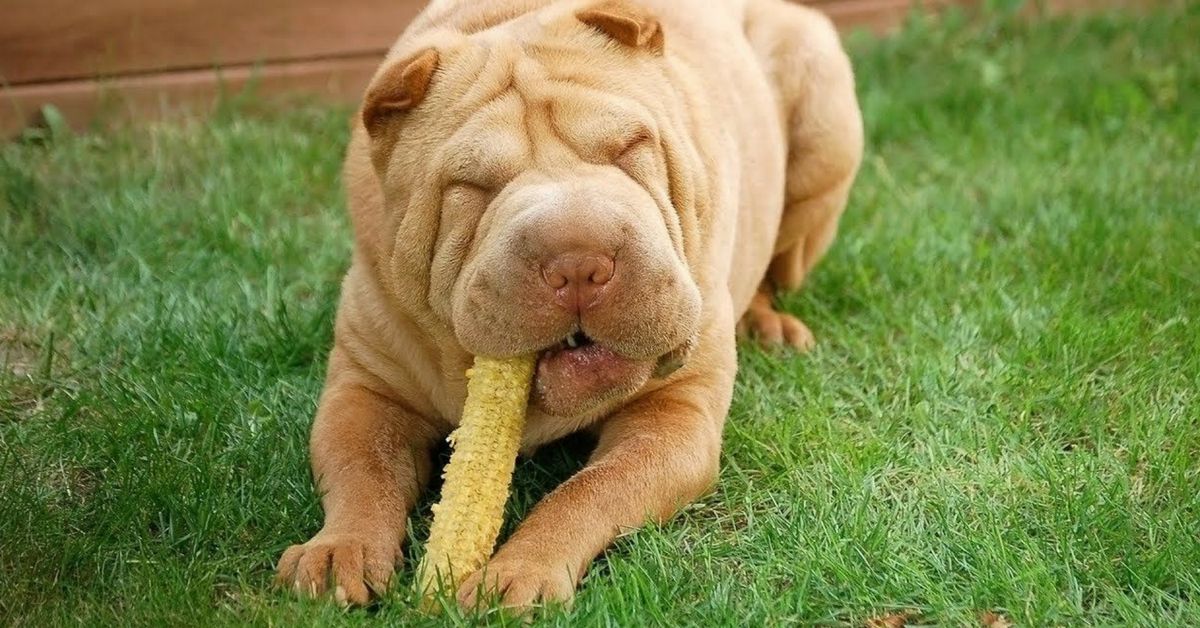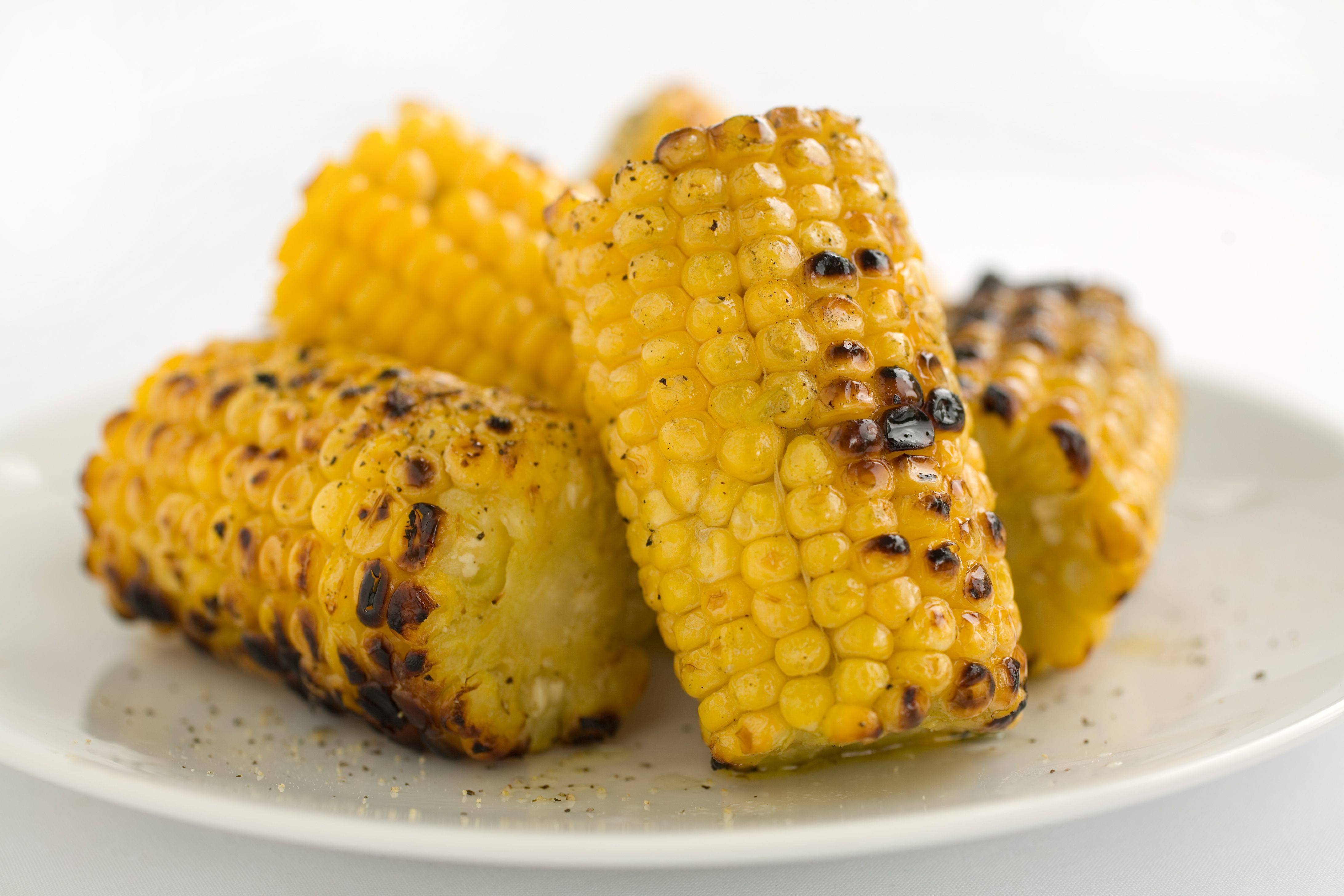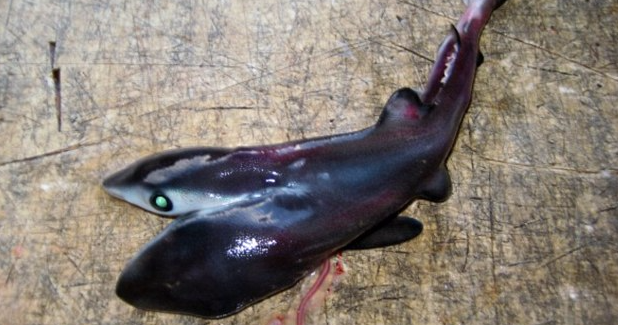Most dogs aren't very picky. Whatever you throw their way they'll eat without hesitation or worry about the consequences.
My dog is always readily available to eat the table scraps and nibble on the crumbs that fall on the floor.
So it really is up to every dog owner to determine what's good for their pooch and what is harmful. While there are some dietary restrictions that depend on the type of dog, there are certain foods that your dog should never eat under any circumstances.
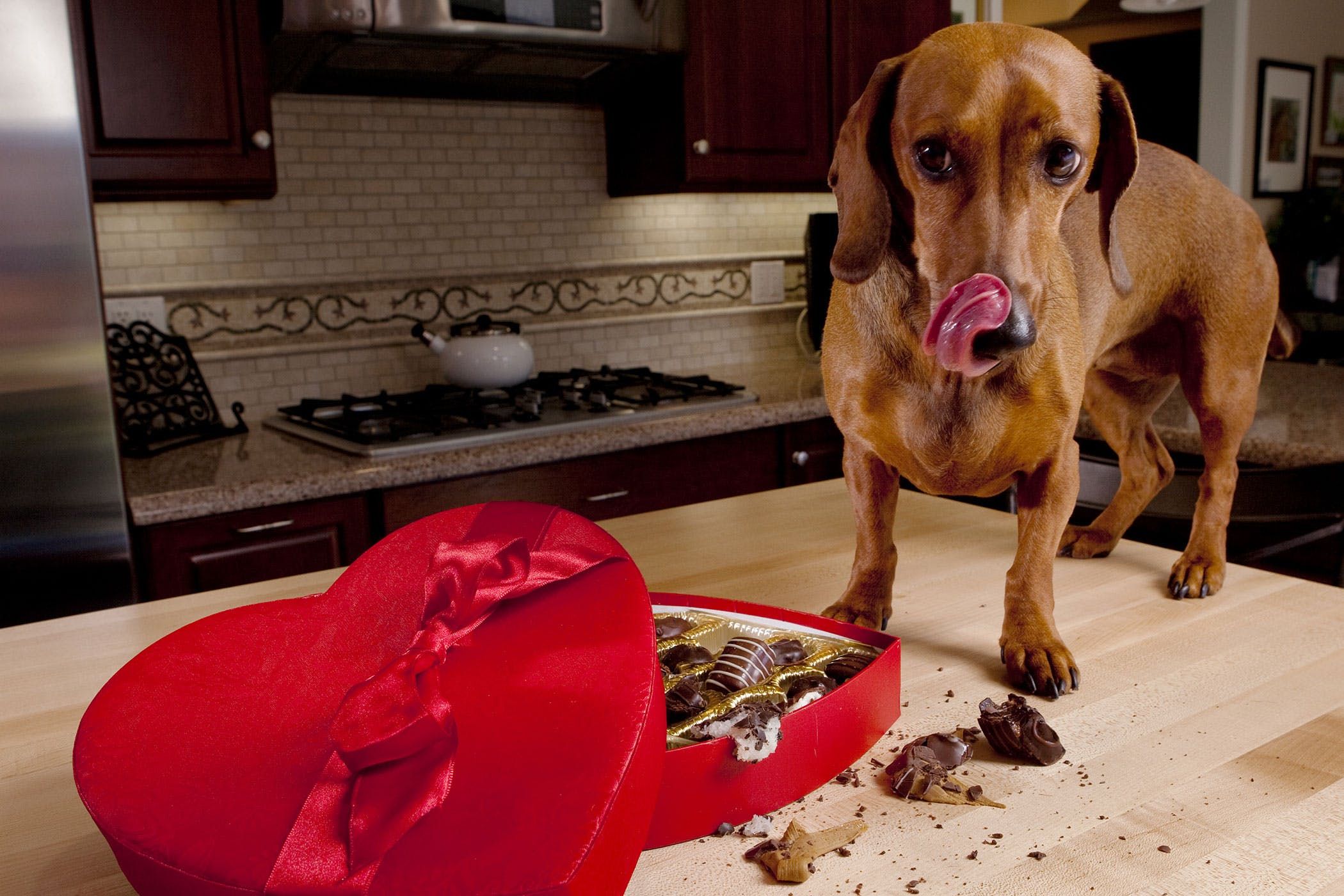
We're all aware of the dangers that come with feeding foods like chocolate and gum to your dog, but now, dog owners and veterinarians are sending out warnings about another seemingly harmless food that can wreak havoc on your dog's system, lead to illness, and even death.
Turns out, corn on the cob, which dogs love to chew on, can cause some severe complications for your dog.
"The core of the cob had traveled through her intestines like a cheese grater."
While the kernels are tasty and harmless (unless your canine has a rare allergy), it is the cob itself that poses a risk when a dog eats the entire thing or large pieces of it.
The shape of the corn as well as the fact that they're indigestible can easily cause internal obstruction, especially in small and medium dogs.
If not treated immediately, obstructions can end up killing your pet. Just ask Joanne Palmer.
Palmer's social media post about losing her beloved dog after she ate a corn on the cob while out for a walk went viral last year. The pet owner was unaware of her Saffy the Cavachon's actions, until "one week later when she began violently vomiting at home."
The Palmers and Staffy's vet thought she was suffering from food poisoning, but a toxicology report confirmed that "the core of the cob had traveled through her intestines like a cheese grater." The cuts on her intestines caused severe septicemia which proved fatal.
"She was a tiny dog, and I have thought that her size definitely contributed to her death," Palmer wrote along with her warning, "Dog owners must be warned that if they are walking their dog on any field, even ones that aren't corn fields, be aware."
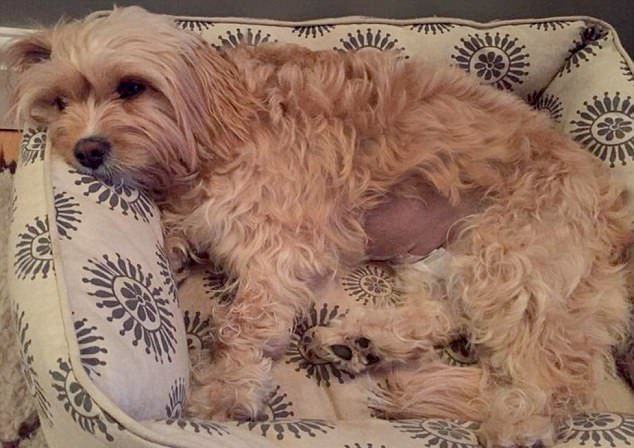
Dr. Rebecca Ashman, a senior vet, said that unfortunately cases like this do happen often. While surgery is an option, "it is an extremely dangerous operation."
As we're in the midst of BBQ season, Ashman urges dog owners to be even more vigilant and to keep their pets away from the corn on the cobs.
"My alarm bells would be ringing if someone called up to say their animal had swallowed a corn on the cob, it's sadly very dangerous" she told The Daily Mail. "But anytime an owner is concerned they should call up the vets for advice, specialists are available and always happy to talk."
What can you do if your dog eats a corn cob?
In less severe cases, the obstruction can be cleared by inducing vomiting using hydrogen peroxide as per the vet's directions.
However, this isn't always recommended because according to Gary Richter, veterinarian and author of The Ultimate Pet Health Guide, "if a dog attempts to vomit up something like a corn cob, it might become lodged in their esophagus which is even more problematic than if it is in the stomach or intestines."
So if your dog has eaten a corn cob, you should immediately call your vet and if you can't reach them, contact the closest 24-hour animal hospital right away.
You can also call the ASPCA Animal Poison Control Center at (888)-426-4435, but they will charge you a small fee.
Signs of intestinal obstruction to look for
Unless you've witnessed it, it can be hard to tell if your dog has eaten a corn cob. Thankfully, there are some signs that you can watch out for if you suspect that Fido has intestinal obstruction.
- Dry heaving
- Vomiting
- Lack of appetite
- Diarrhea
- Pain in the abdomen
- Lethargy
Although diarrhea has been listed as a symptom, Richter says to keep in mind that dogs with obstruction are still able to "pass normal stools for a couple of days, so normal bowel movements are not an indication there is no problem."
The verdict is still out on whether or not corn is beneficial to dogs, so you should be keeping their consumption of the vegetable to a minimum anyway.
Let's help other pet owners protect their dogs by spreading the word!
For a list of foods your dog can actually eat, check out:
